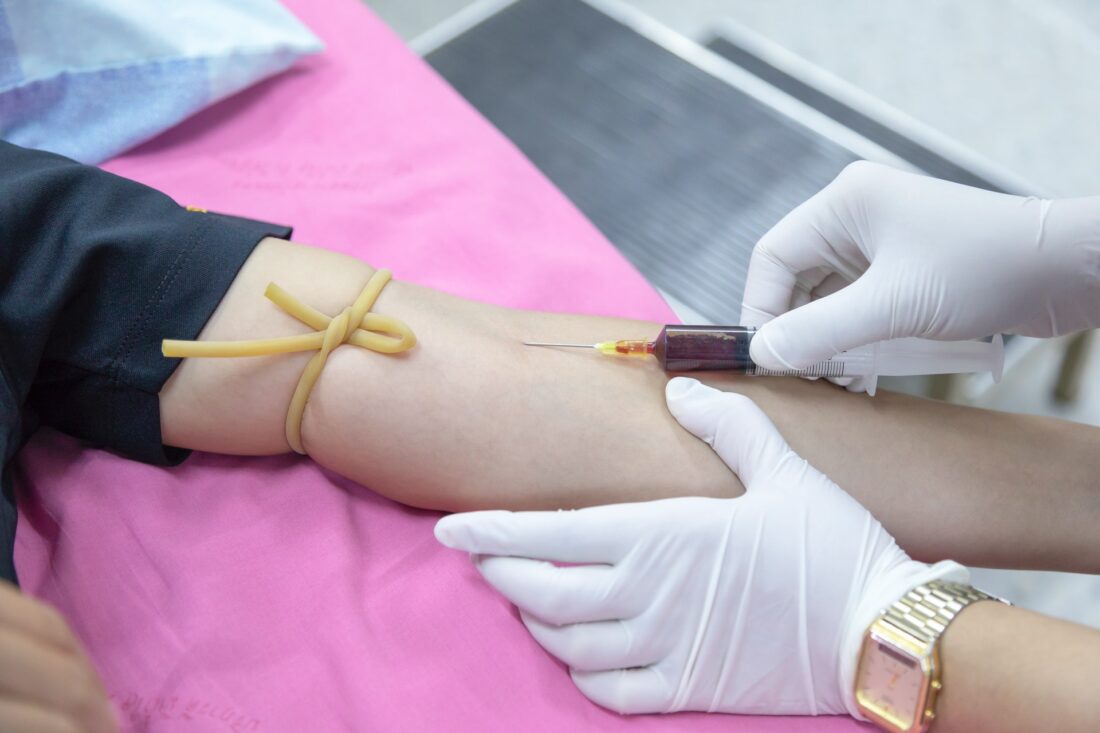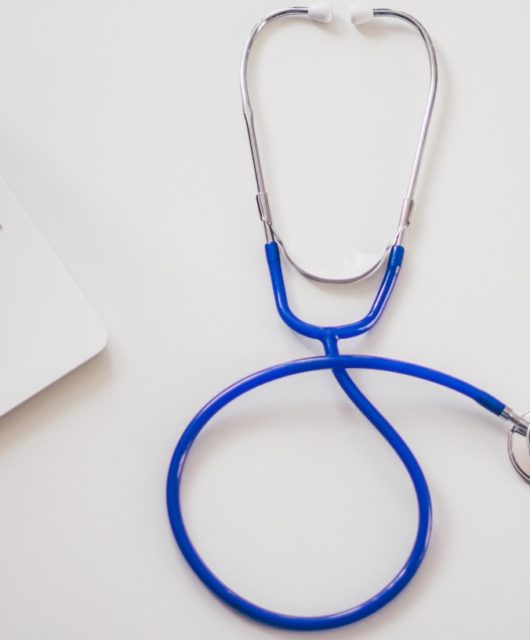Everything You Need To Know About STD testing in Singapore
 It is a little-known fact that humans are capable of transmitting more than 25 types of diseases through sexual contact. Furthermore, as evident in recent studies, about 50% of sexually active individuals will acquire an STD by the time they reach the age of 25, and STDs on older adults are rampant as well. With such high numbers, it is vital that every individual – whether sexually active or not – is regularly tested for STDs. The Health Advisory Clinic is one of the leading medical facilities that offers urgent care services. You can visit our clinic for STD testing, consultation, physical check-ups, and many more.
It is a little-known fact that humans are capable of transmitting more than 25 types of diseases through sexual contact. Furthermore, as evident in recent studies, about 50% of sexually active individuals will acquire an STD by the time they reach the age of 25, and STDs on older adults are rampant as well. With such high numbers, it is vital that every individual – whether sexually active or not – is regularly tested for STDs. The Health Advisory Clinic is one of the leading medical facilities that offers urgent care services. You can visit our clinic for STD testing, consultation, physical check-ups, and many more.
Testing is the only way to find out if an individual has an STD because most STDs do not exhibit symptoms or have non-specific symptoms that make them difficult, if not almost impossible, to diagnose. Take chlamydia for example. 70 to 95 percent of women with chlamydia do not show symptoms and in men, it is around 90 percent. There are some STDs that only show symptoms after several years; for HIV, it can take up to 10 years. The fact that a lot of people could appear physically healthy even if they have STDs means that you and your partner may not be aware if either of you is infected, and that is exactly what makes the spread of the infection so much easier.
Fortunately, there are available tests for some of the most common types of STDs such as gonorrhea, chlamydia, hepatitis B and C, HIV, herpes, and syphilis. In order to find out which STD tests you need, the best option is to discuss your sexual history and symptoms (if there are any) with your doctor. Based on the information that you will provide, they will be able to advise you on which STD tests you should need to take. If you are worried about being judged, do not be – the doctors and other healthcare providers are always emphatic. STD testing in Singapore is guaranteed to be free from judgment of any kind.
When testing for most STDs, a swab of the affected area (mouth or genital section), urine sample, or a blood test would suffice. Home kits that allow you to get your own swab at the privacy of your home is also available. One thing to remember about home testing kits, though: there is a possibility that the test would result to a false-positive outcome, which means that it can appear that you have an STD when you do not actually have any. You can always seek the advice of a doctor if you need help in interpreting the result.
Since it is possible to get multiple STDs simultaneously, the idea of going through different STD tests might sound overwhelming. So it is worth noting that you will not need to take every single STD test. Your doctor, upon reviewing your lifestyle and evaluating your risks, will determine if you are more vulnerable to some STDs than others.
The frequency of being tested varies for each individual. It does not matter if you are sexually active or not, you need to get tested at least once in your life. A person who has never had sex needs to get an STD, too, because there are certain infections that are passed by skin contact. An example of this is oral herpes, a sexually transmissible infection, which may be transmitted by casual touching or kissing. People who have multiple partners and/or engages in unprotected sex should also consider getting more frequent STD tests, up to twice a year if possible. If you are just at the beginning of a relationship, it is recommended to take an STD test at least before you engage in unprotected sex. Healthcare providers are careful about reminding patients that being tested for STD does not mean that you do not trust your partner but instead, it shows that you respect them.
In Singapore, there are a lot of clinics and other medical facilities that handle cases related to sexual health. If you are showing symptoms or have been exposed to HIV, you need to remember that there is a 72-hour window for effective treatment of STDs. If detected early, most types of STDs can be treated with little side effects, but other, like syphilis, may cause serious health complications or worse, death, when not treated immediately. There are available medications for incurable viral STDS such as herpes, HIV, and hepatitis, but if the person does not receive medical attention for a long period of time, the results could be life-threatening as well.
Practicing safe sex is good option but regular STD testing is still a must; the sooner you get tested for infections, the sooner you can get the appropriate treatments. Getting tested might be daunting, but this is one of the best ways to make informed choices when it comes to your sexual health.









